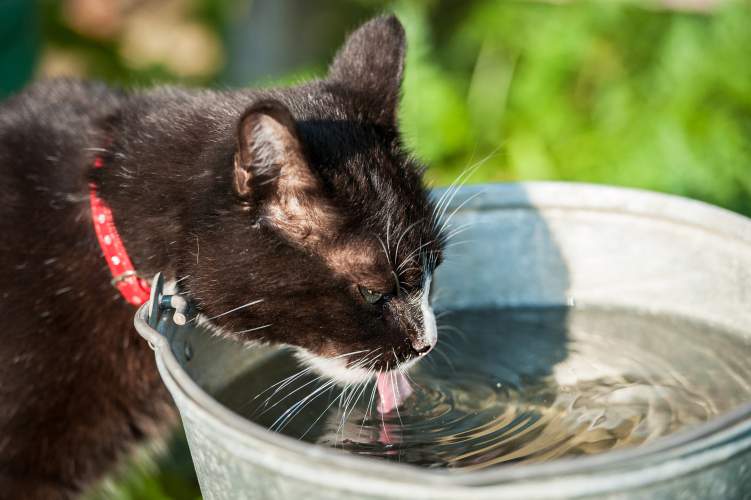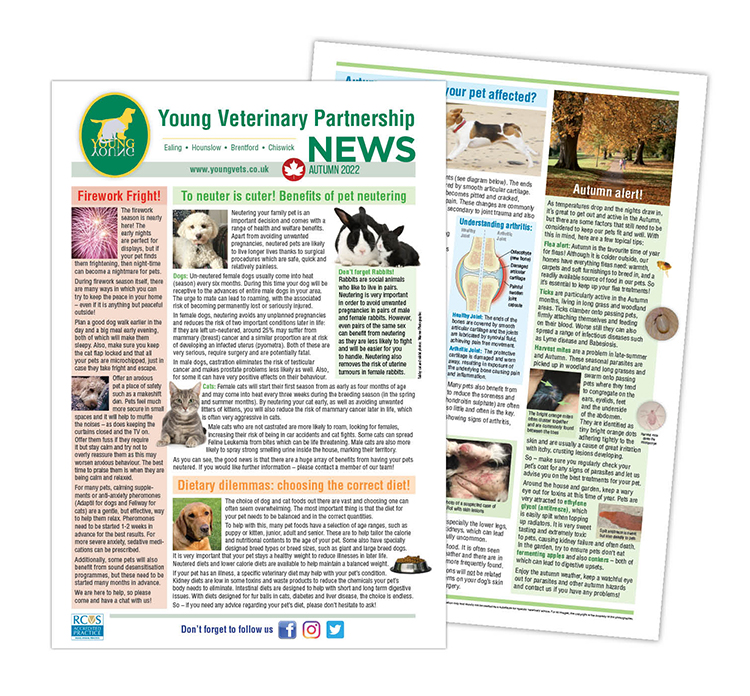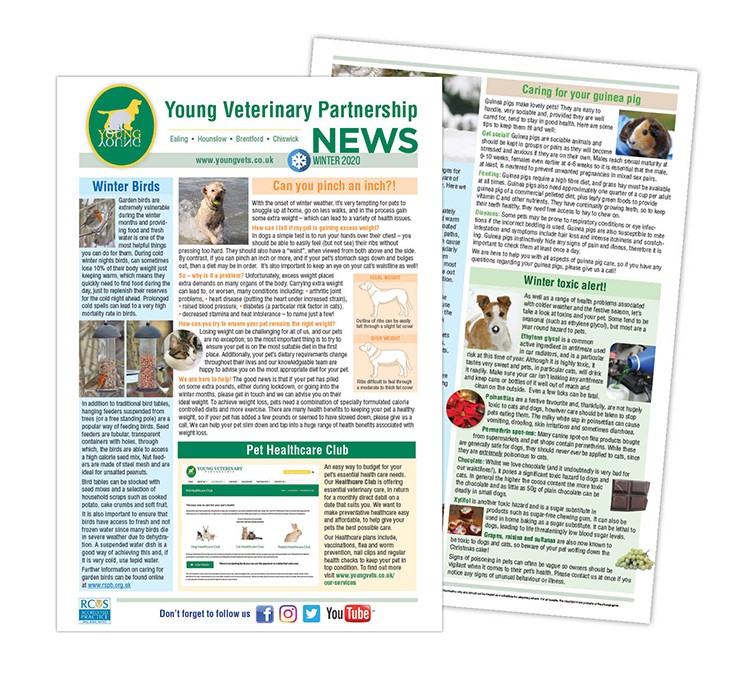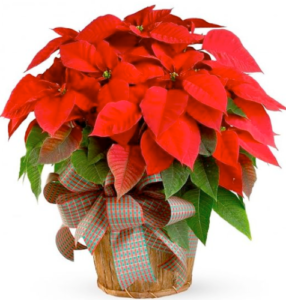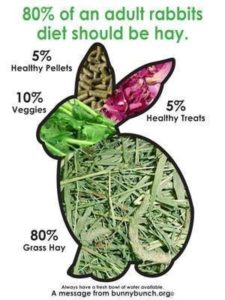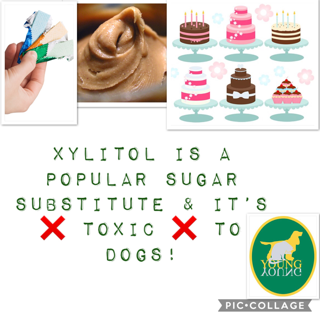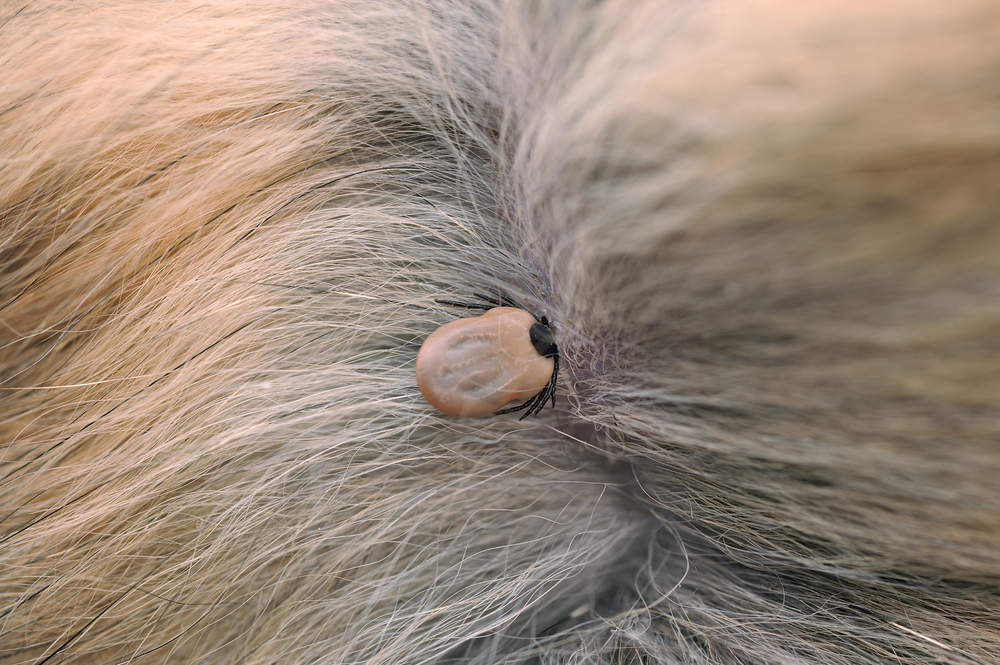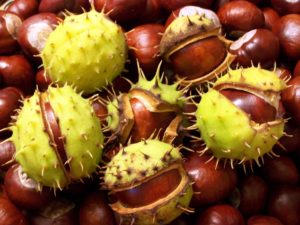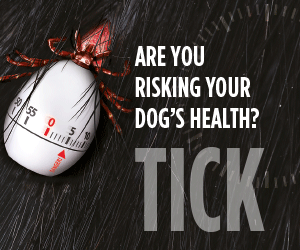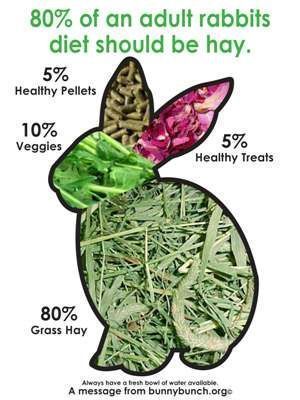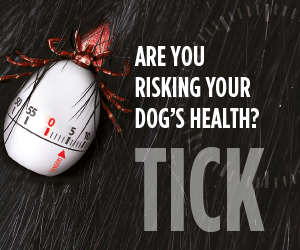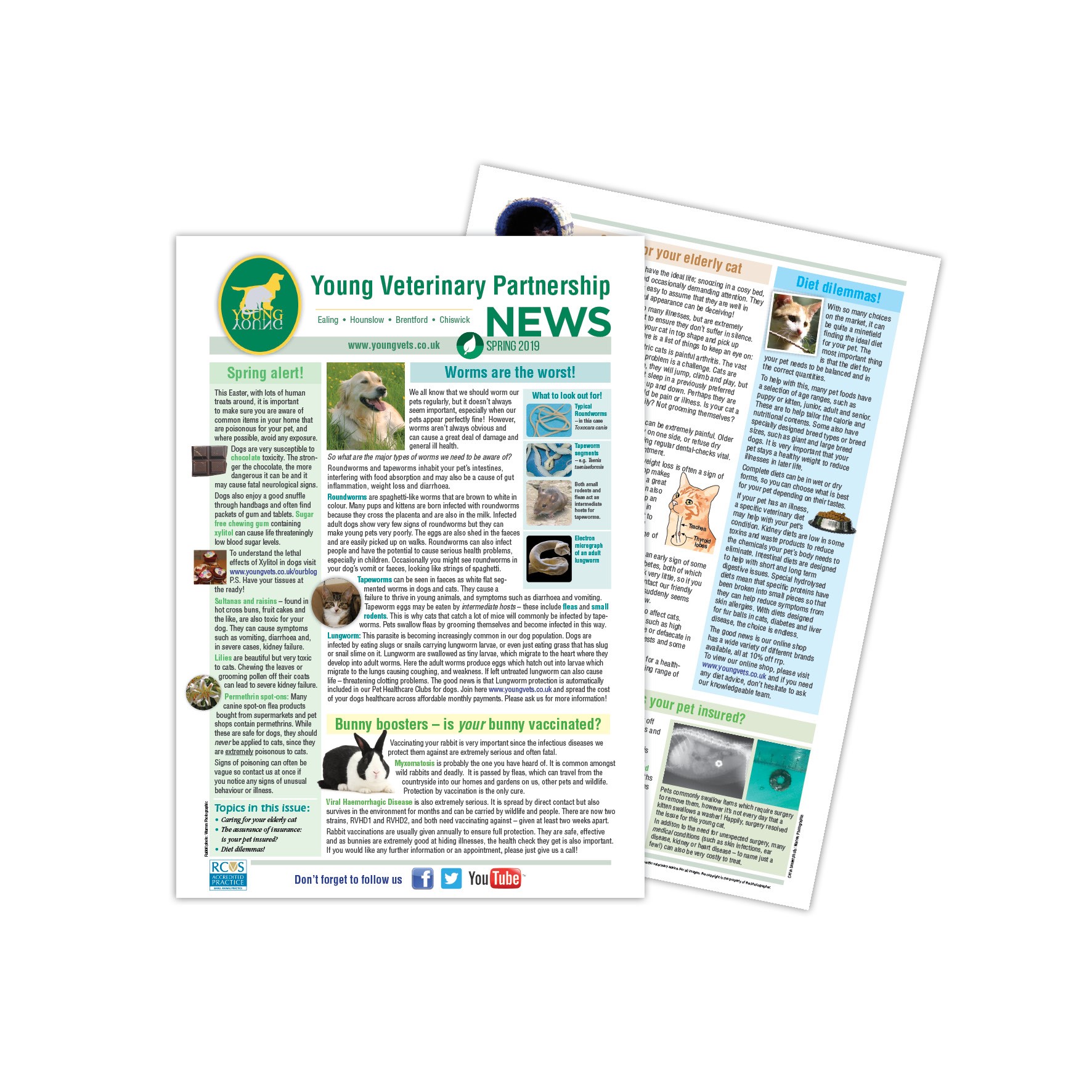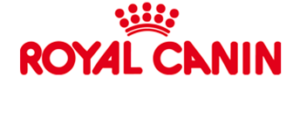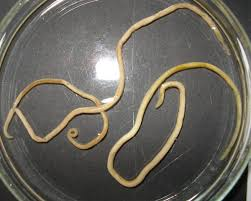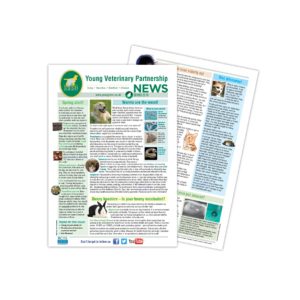Xylitol and dogs – Do you know the risks?
This months blog has been bravely written in memory of Ruby a beautiful Hungarian Vizsla, who has passed away due to xylitol poisoning. Her owner, Kate has kindly written this article to help spread the word – Xylitol kills and it is more common in food than you may think.
A week ago today our beautiful Hungarian Vizla Ruby died. She was just seven. Losing a beloved family dog is utterly terrible, but our grief is compounded by the fact we might have been able to save her had we known about xylitol.
A week ago today our beautiful Hungarian Vizla Ruby died. She was just seven. Losing a beloved family dog is utterly terrible, but our grief is compounded by the fact we might have been able to save her had we known about xylitol.

Ruby died after eating xylitol, a great (for humans) sugar replacement that’s being used increasingly in foods. But it is lethal for dogs. One small piece of chewing gum sweetened with xylitol (most are – have a look) is enough to kill an 8 – 10 kg dog. One piece. There are quite a lot of different substances and foods within the family home that are poisonous to pets and this is one of many, dog owners need to be aware of. It can be found in yogurts, takeaways, cakes, biscuits, toothpaste and peanut butter … any food that manufacturers want to improve by replacing sugar with a healthier alternative. If you are feeding your dog a human food ALWAYS check the label and if you are not sure, don’t take the risk.

Ruby stole two of my homemade brownies. Nothing new – she’s stolen them before from sealed boxes, with no adverse affects – but this time I’d cooked with Xylitol. I had no idea that she should be rushed immediately to the vet to begin intensive, invasive treatment which might – just might – have saved her.
Instead it took until she vomited terribly and collapsed 36 hours later for us to go to the vet. She was transferred to the amazing Royal Veterinary College this is where the xylitol poisoning was diagnosed.
After eight days of battling, critically ill in intensive care, Ruby died. We are heartbroken. What good can come of losing a pet who was the center of our family, loved beyond imagination? We are beside ourselves with sadness and guilt.
Only other dog lovers will understand the level of grief. And I would hate you to go through what we are at the moment. So, please, learn about xylitol and the other pet poisons that may be lurking in your home. Check labels, if its not made for a dog to eat, double, triple check it. If your dog is a scavenger, keep a close eye on them both in the home and out and about. Discarded chewing gum, peanut butter in your dogs Kong or Licki Mat, always check the labels. Do they enjoy your leftovers from a delicious takeaway? Some better quality restaurants now use xylitol in their cooking, with takeaways how often do they list every ingredient on their packaging?
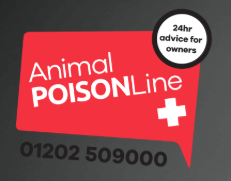
If your pet has eaten something you are concerned about, do not delay, contact your local veterinary surgery or call the Animal Poison Line, at 01202 509000. And no, I didn’t know about this wonderful service either. For a flat fee of £30 they will assess what your pet has eaten and give you advice on what to do and how urgent it needs to be done. It may save your pet’s life.
Spread the word. We need all dog owners to be aware, that this is another toxin that could be in your lurking in your home. We need those who drop gum to know they are leaving a trail lethal to man’s best friend. We need food manufacturers to clearly label foods with xylitol as ‘lethal to dogs’.
The Poison Line documents hundreds of deaths from xylitol each year. They think the true figure could be in the thousands. Please don’t let your dog become one of them.

In memory of Ruby.
Blog and images supplied by Kate, Ruby’s mum.




